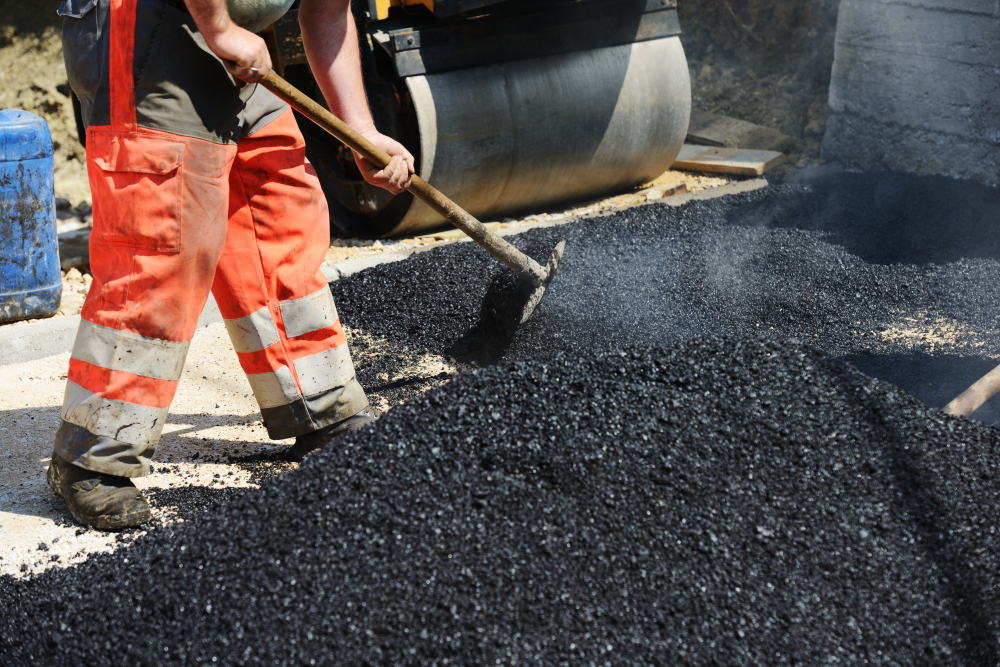The Different Types of Asphalt You Need to Know

Asphalt is one of the most commonly used materials for paving roads, driveways, and parking lots. It’s a durable material that can withstand the wear and tear of constant use, but not all asphalt is created equal. There are different types of asphalt that are used for different projects, and it’s important to understand the differences between them. In this blog post, we’ll cover the different types of asphalt, what makes them unique, and which projects they're best suited for.
1. Hot Mix Asphalt (HMA)
Hot mix asphalt (HMA) is one of the most common types of asphalt used in road construction. It’s made with a mixture of aggregates, liquid asphalt, and other additives. The materials are mixed at high temperatures to create a dense, smooth surface that can withstand heavy traffic. HMA is best suited for areas with high traffic volume, such as highways or busy roads.
2. Warm Mix Asphalt (WMA)
Warm mix asphalt (WMA) is a newer type of asphalt that’s been gaining popularity in recent years. It’s similar to HMA, but it’s mixed at lower temperatures, which means less energy is required to produce it. WMA also produces less greenhouse gas emissions compared to HMA, making it a more environmentally friendly option. WMA is best suited for areas where traffic volume is moderate to high.
3. Perpetual Pavement
Perpetual pavement is a type of asphalt that’s designed to last for at least 50 years. It’s made with a thick base layer of asphalt, followed by a layer of asphalt with a higher concentration of binder. The top layer is made with a high-quality asphalt mix that can be replaced as needed. Perpetual pavement is best suited for areas with heavy traffic and where maintenance is difficult, such as highways.
4. Porous Asphalt
Porous asphalt is a type of asphalt that’s designed to allow water to pass through it. It’s made with a special mix of materials that create small voids in the pavement. The voids allow water to flow through the pavement and into the ground below, reducing the risk of flooding. Porous asphalt is best suited for areas with poor drainage, such as parking lots and driveways.
5. Recycled Asphalt
Recycled asphalt is made by taking asphalt that’s been removed from old roads or driveways, crushing it, and reusing it in new asphalt. It’s an environmentally friendly option that reduces waste and conserves resources. Recycled asphalt is best suited for areas with light to moderate traffic.
Conclusion
Now that you know the different types of asphalt and their unique properties, you can choose the right type of asphalt for your next paving project. Remember, different types of asphalt are best suited for different projects, so it’s important to work with an experienced paving contractor who can help you choose the right type of asphalt for your needs. If you're in need of high-quality sealcoating in Bandera, TX, contact C. Brooks Paving today to schedule an appointment.